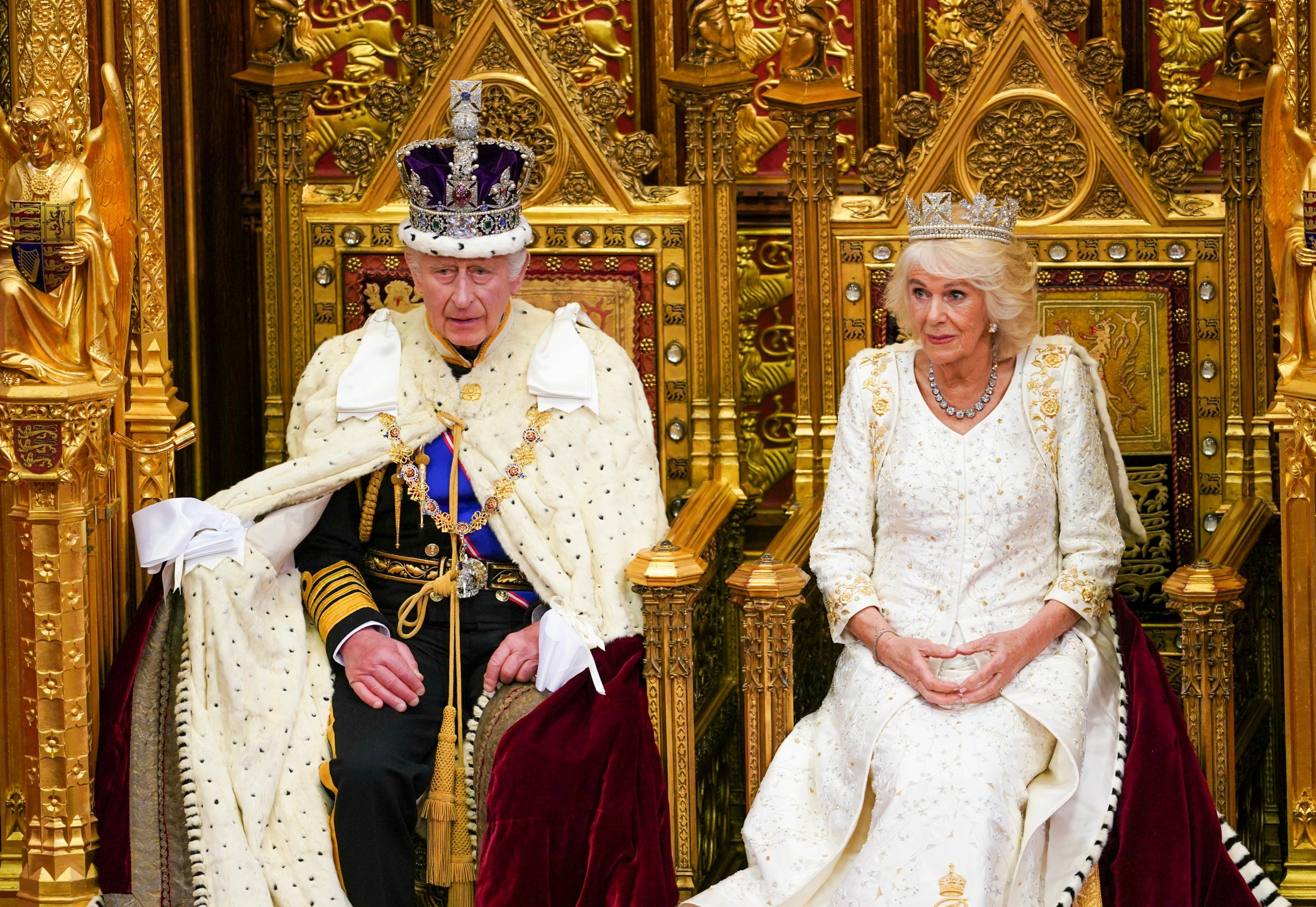King Charles III delivered his first King’s Speech on Tuesday, setting out the government’s legislative programme before the next general election.
One notable omission was any mention of Mental Health Act, which means that any reform to the current laws around mental health would have to be done by a future government.
That is despite the fact that changes to the Mental Health Act were a key commitment in both the 2017 and 2019 Conservative manifestoes.
Dr Sarah Hughes, Chief Executive of Mind, said on their website that: “People with mental health problems deserve better than lip service from the politicians who are supposed to represent them at the highest levels of power.”
“More than 50,000 people were held under the Mental Health Act last year, so it is incomprehensible that legislation which would help people at their most unwell has been de-prioritised,” she added.
Reforms to the act were first announced in 2017 when Theresa May, the former Prime Minister, commissioned an Independent Review of the Mental Health Act.
This theme was continued in the 2019 manifesto, which promised to treat “mental health with the same urgency as physical health.”
Then in 2022, a draft Mental Health Bill was introduced.
The proposed bill would have reduced the use of detention and ended the inappropriate and lengthy detentions of people with learning disabilities and autism.
It would also end the disproportionate effect on black people who are four times more likely to be detained under the Mental Health Act, according to data from the NHS.
The bill would also give patients the right to decide how they want to be cared for if they fell into a crisis.
However, because the bill was not included in the King’s Speech, these changes will not be made.
Simon Wessley, a psychiatrist who was in charge of the 2017 independent review, said on the BBC’s World at One: “The old act had gotten very out of date, there are lots of Victorian bits to it, and it clearly was not allowing people to make choices.”

